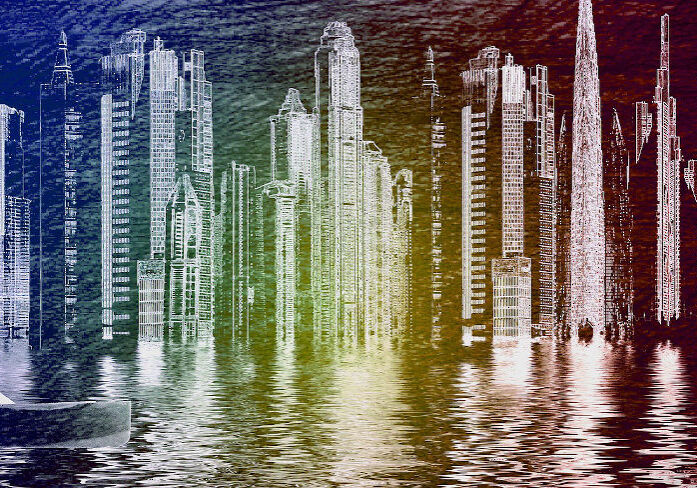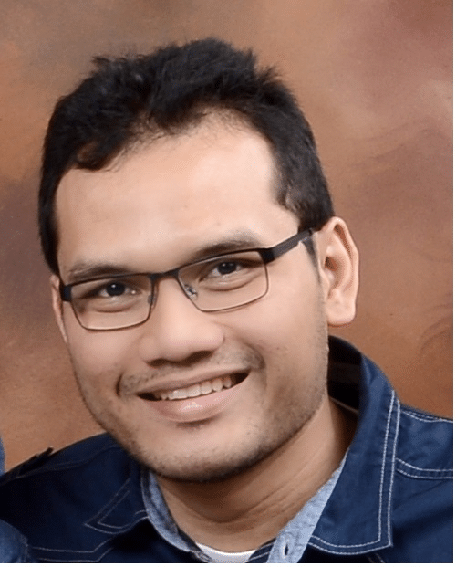Channeling your inner downstream superhero

Exclusive interview with Zulfan Adi Putra, Process Engineer at PETRONAS Group Technical Solutions

As we prepare to confront life post-pandemic, innovation is our armour. We defend ourselves with shiny solutions, we sharpen our strategy with the latest digital buzzwords. But at the heart of the hyperconnectivity, how new technologies shape tomorrow’s success relies not on the tools, but the people managing them.
For Zulfan Adi Putra, Process Engineer at PETRONAS Group Technical Solutions, technology is like the Iron Man. Downstream business leaders need to channel their inner Tony Stark to manage their technological assets and utilize the full strength of their digital tools. He tells Asian Downstream Insights how to channel this power, navigate the hurdles of the elusive virtual refinery and how to protect our planet for generations to come.
New technologies and technical problems
“I’m working in a group providing technical solutions…with process modeling, simulation, and optimization”, explains Zulfan. Where the pace of digital acceleration is fast, one of the biggest challenges is “balancing the time required” between optimization, developing algorithms, programming, and other “typical” tasks of a digital native. Digitalisation is second nature, but digital resources are stretched thin.
I’m working in a group providing technical solutions…with process modeling, simulation, and optimization.
– Zulfan Adi Putra, Process Engineer at PETRONAS Group Technical Solutions
Era of the virtual refinery?
While he claims “I don’t know what you mean by ‘the era of the virtual refinery’”, Zulfan does however, agree that we are entering an age where “new technologies are there to make our lives better, not only in the oil and gas industries, but also for all humanity”. For him, the purpose of a virtual age is to provide the tools and resources to make a difference in the physical world.
Operators need to understand their capabilities, and the tools at their fingertips to “know what technologies can help us work better, faster, more efficiently, and in a more environmentally friendly way”. Hydrogen, for example, has Putra’s full confidence as “one of the paths leading to a sustainable future in chemical and petrochemical industries”, but only if the innovations exist to produce it “via an easily manufacturing process, less energy intensive, and transported and contained safely.
Sustainability should also be incorporated into every part of the society, not just as a CSR or a corporate metric, but as “the core part of everything that we do”.
From a technical perspective, this means that the market needs to consistently develop new methods, new technologies, and better products to drive improved safety, sustainability and profit. From a human perspective, it requires a shared sense of responsibility and collaboration across communities. “[This is not] just about companies”, says Zulfan firmly. “It needs governments to regulate and enforce, excellent education systems to teach, train and apply this holistic concept of sustainability [and] law abiding citizens. In the end, these good people will fill in the companies/organizations and make it a good one”.
Adapting to low economic activity
It’s a sound philosophy, but with the oil and gas industry reeling from an unprecedented economic shock, and income for some key producers dropping up to 85%, investment in technology, and good people, can be a challenge.
“What I’ve seen so far is a low demand due to a lower economic activity”, observes Zulfan. “People are now more cautious in what they spend…”.
Where you can’t change the situation, “instead we have to change ourselves”. The company needs to “adjust our way of working to be more efficient, effective, and agile”. In an increasingly connected commercial ecosystem, part of this adjustment could mean greater vertical integration between downstream, midstream and upstream “as a means to have an efficient business supply-chain, easier to steer and adjust with new and better workflows or technologies”.
Our Iron Man suit for the future
There’s no denying that it is now a digital world. “The technologies are there”, confirms Zulfan. “Some are very useful. Some are useless”. To unlock their value, downstream leaders need to consistently train and develop the skills and mindset to employ these technologies for the greater good: of the business, and the wider environment.
“We need to keep educating ourselves – and our communities – that there is always a better way to do everything”, he asserts.
For Zulfan, digital technologies are our tools for the future: our Iron Man suit. But at its core is the business, and its people. Like Tony Stark, they are the ones who can control the direction of this technological progress. And the results it achieves.
As Zulfan puts it:
“Only Tony Stark knows how to use Iron Man. So, to be able to build and utilize [its] full strength, we just need to be as smart as Tony Stark.”